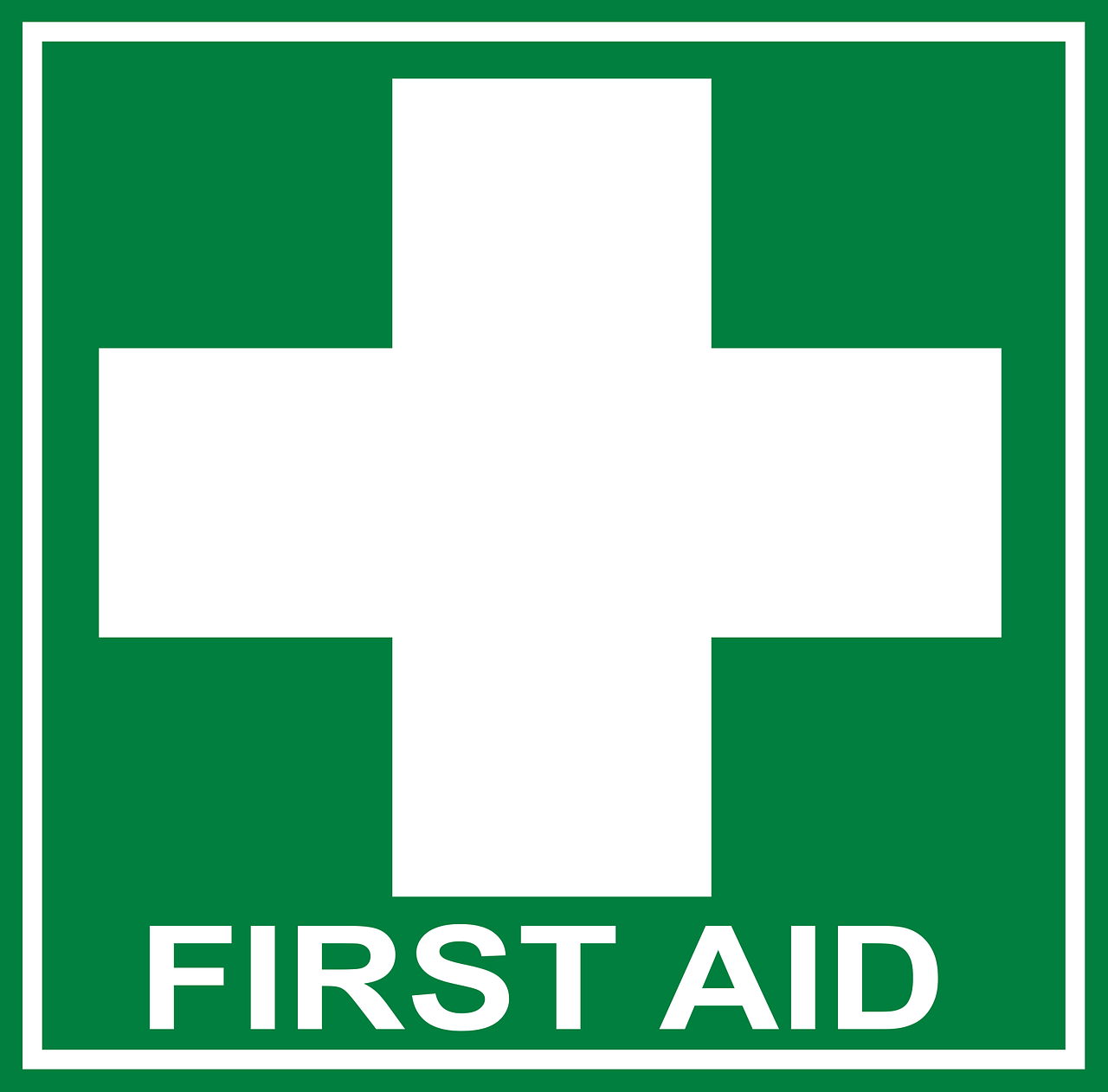Examples of Health and Social Care Off-the-job Training
Off-the-job training is learning which is provided outside of the apprentice’s normal day-to-day work, but is completed within their contracted working hours. Apprentices are legally required to receive off-the-job training a minimum of 20% of the time they are paid to work.
It should be training that is directly relevant to their position, and for health and social care apprentices, must provide new knowledge, skills and behaviours to upskill the apprentice and their competency in their health and social care field.
But methods of off-the-job training are varied, and can range from practical, work-based learning to technical or theoretical learning.
For more information on off-the-job training, read our other blog post: Off-The-Job Training: Childcare, and Health and Social Care Apprenticeships in England

What is the health and social care manager’s role in off-the-job training?
Managers in a health and social care setting have the responsibility to provide the best off-the-job training they can. This can be achieved by using a good training provider, such as Azilo Training.
Upon an apprentice’s enrolment, the training provider, the health and social care manager and apprentice will all agree, record and sign a Commitment Statement. This document outlines key information about the apprenticeship and how training will be delivered, including methods of off-the-job training, to ensure that these are suitable for the apprentice’s learning style and the health and social care setting.
Evidence of off-the-job training and learning is preferred to be naturally occurring evidence, by the ESFA, rather than lots of documented records. And by using Azilo Training, they can help support the health and social care manager to make the off-the-job training as easy and efficient as possible.
Let’s look at some examples of off-the-job training in the health and social care sector.
As off-the-job training for health and social care apprentice’s can be practical, technical or theoretical learning, there are a range of methods and types of training - it just has to be directly relevant to their health and social care field and provide new knowledge, skills or behaviours.
Some examples of off-the-job training for those working in health and social care include:
Mentoring, such as shadowing colleagues or coaching
Mentoring, shadowing and coaching is a great way for apprentice’s to get practical training from experienced health and social care providers. This method also allows health and social care apprentices to ask questions and receive more in-depth answers.
Scenarios that a health and social care apprentice could shadow, be mentored or coached in include:
- How to physically lift a resident in a residential care setting
- How to assist a resident with their washing, dressing and using the toilet
Role play or simulations of health and social care scenarios
Role play and simulations, including case studies and management games, provide apprentices the opportunity to analyse and discuss possible scenarios before they are encountered in their health and social care setting.
It is an effective way to connect theory and practice, without the pressure of being in the situation, so apprentices can understand how they should deal with the situation.
In a health and social care setting, role play or simulations that could be part of off-the-job training, can include:
- How to interact with residents with dementia
- How to encourage residents to join in with activities
Classroom learning, including teaching sessions, lectures, e-learning, webinars or Ted Talks
Classroom learning isn’t just limited to the classroom! Classroom learning also includes online learning, such as e-learning, webinars and Ted Talks, which allows health and social care apprentices to learn at their own pace.
Just make sure that all classroom learning the apprentice completes is directly related to the health and social care field and will upskill their knowledge, behaviour and skills.
Examples of topics for classroom learning, include:
- Adult support and protections
- Awareness of mental health, dementia and learning disabilities
- Care planning
- Fluid and nutrition
- Risk assessments
- Safeguarding older adults
Studying sessions for research, completing coursework, projects or assignments
Off-the-job training in health and social care settings can be used by apprentices for personal study sessions. Apprentices can show initiative by keeping on track with their learning, and completing their coursework, projects and assignments.
They can also use this method of off-the-job training to undertake research, as long as the topics are directly related to their positions within health and social care.
Off-the-job studying session can include:
- Completing assigned training via training providers, such as Azilo Training
- Working through units and submitting coursework

Completing workplace reflective journals - written or recorded
Reflective journals provide health and social care apprentices the opportunity to reflect upon their experiences and what they have learnt so far.
Apprentices can also use their reflective journals to showcase their development and progress from their time at their health and social care apprenticeship.
Reflective journals can include:
- An explanation of the knowledge they have learnt
- How this knowledge has developed their learning, behaviours and skills; and
- Why it is important in a health and social care setting
Contributing to online forums relevant to their role and occupation
Off-the-job training can also include contributing to online forums that are relevant to the apprentice’s role within health and social care. This method can develop learning and experience by allowing apprentices to identify with others who are in similar positions, situations and occupations.
Here, apprentices can:
- share and reflect on their experiences in health and social care
- offer and receive different perspectives within health and social care; and
- offer and receive advice or help for any issues experienced within a health and social care setting
Attending conferences, industry shows or competing in competitions
As long as the conferences, industry shows or competitions are undertaken within the apprentices’ contracted hours, or are arranged appropriately, this is a great way for an alternative experience of the health and social care industry.
A couple of examples of health and social care conferences, include:
- HC-UK - Healthcare Conferences UK
- Skills For Care
Visiting other departments or businesses
Allowing your apprentice to visit other departments or businesses related to your health and social care setting can enable your apprentice to understand how other professions can impact their job.
This can include:
- Visiting a different department, such as the dementia ward of the residential care home
- A different health and social care business, e.g. a visit to a different residential care home
Completing further training (if relevant to their role)
Apprentices can also complete further certified training and qualifications during time allocated for their off-the-job training, if it is relevant for their role.
Some examples of certified training that can be completed for working in the health and social care setting include:
- First aid
- Manual handling
- Food safety and hygiene
